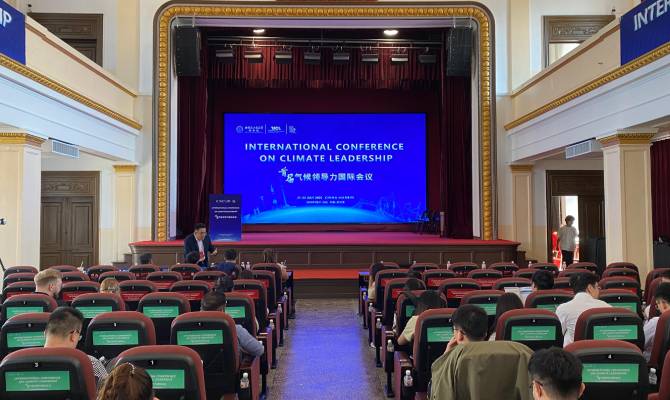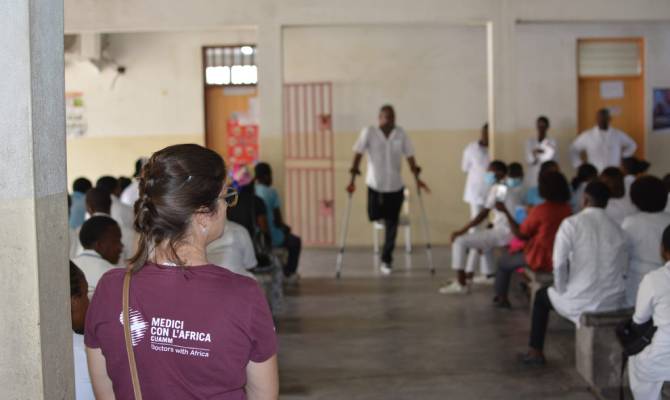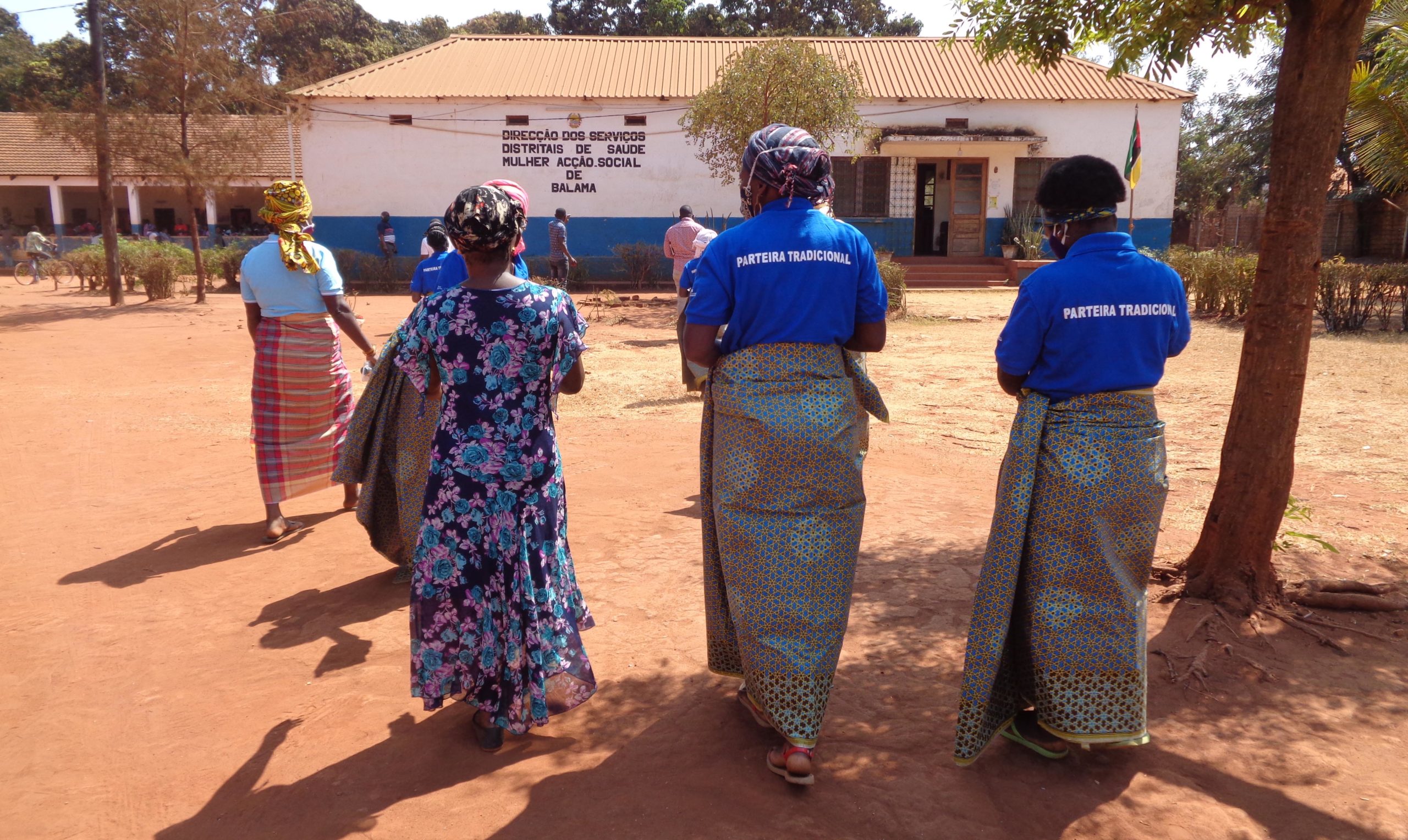The International Conference on Climate Leadership concluded yesterday in Harbin, China, where Doctors with Africa CUAMM received the Best Paper Award for presenting a study protocol investigating the effectiveness of interventions aimed at preventing infectious diseases linked to climate change—such as malaria and cholera—in the most vulnerable provinces of Mozambique. The study, carried out in collaboration with UNICEF, was recognized among the best presentations of the conference for its scientific rigor, methodological innovation, and global relevance.
Climate change is a real emergency: in Mozambique alone, starting in 2019, cyclones Idai, Kenneth, Guambe, Freddy, and Chido have impacted the lives of more than three million people, destroyed 360,000 homes, displaced over 60,000 families, and caused 42,000 cases of malaria and 20,000 cases of cholera. This, despite the fact that the country contributes less than 0.01% of the world’s cumulative CO₂ emissions from the burning of oil, coal, and natural gas.
In this context, from 2022 to 2024, Doctors with Africa CUAMM, in collaboration with UNICEF, implemented the Social and Behaviour Change (SBC) intervention “Familia Modelo”, aimed at promoting low-cost preventive practices in response to the growing risk of waterborne and vector-borne infectious diseases among communities most exposed and vulnerable to the consequences of extreme climate events.
“Our previous experience provided us with valuable baseline data, highlighting the need for a multidisciplinary approach to understand such complex phenomena and to implement concrete, effective interventions—especially in a context that is increasingly vulnerable to health crises caused by climate change,” explains Edoardo Occa, author of the study and CUAMM community health expert.
In fact, the first published study showed that the intervention led to a significant improvement in prevention behaviors: a 58% increase in proper hand hygiene and a 50% increase in the collection and safe storage of water. From the fruitful collaboration with UNICEF Global and UNICEF Mozambique, a study protocol was developed and presented at the International Conference on Climate Leadership (July 21–22, 2025, Harbin, China), organized by University College London. The conference brought together scholars from over 30 countries to address climate change through an interdisciplinary lens, including topics from health, urban planning, and policymaking.
“The study is a randomized controlled trial involving 3 provinces (Cabo Delgado, Nampula, and Zambezia), 76 villages, and over 3,000 families. The main goal is to evaluate the effectiveness of the SBC intervention in reducing the incidence of acute watery diarrhea (AWD), while also considering modifying factors related to extreme weather events. Comparing the intervention group with a control group not exposed to the intervention will provide a robust study design that will also reflect the impact of climate change on communities,” explains Francesco Segala, study author and CUAMM project manager in Mozambique, who presented the protocol to the conference audience.
The intervention includes community radio broadcasts, theatrical performances, the involvement of religious and traditional leaders, and public recognition of “model families,” to foster a supportive social environment for the collective adoption of preventive behaviors.
The evaluation will rely on surveys, direct observation, and local clinical surveillance data, also integrating climate-related variables. This will allow researchers—through statistical modeling and behavioral science—to assess whether the intervention’s effectiveness varies in villages affected by extreme weather events such as cyclones and tropical storms. This is a crucial element for adapting prevention strategies to the new risks imposed by climate change.
“Having this work recognized in such a prestigious international setting is a major achievement for CUAMM, which has long been committed to research—building scientific evidence in the most challenging contexts and generating value through direct fieldwork with communities. We brought the voices of the most vulnerable communities—those who pay the price of a climate crisis driven by fossil fuel overuse—to the attention of experts and academia,” comments Giovanni Putoto, CUAMM Head of Programming and Operational Research.
CUAMM has contributed a vital perspective on the Global South and vulnerable populations, and the award represents an important acknowledgment of the role the organization can and must play in terms of climate leadership.





